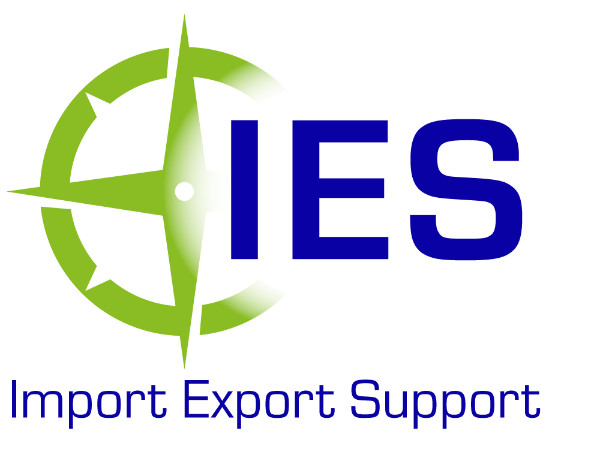Milestones on the road to Brexit

18 Oct 2018: EU Council
The recent European Council Meeting was originally billed as being the moment of truth where Teresa May would agree the terms of Britain’s withdrawal with EU leaders. However it turned out to be less of a decisive moment and more of a continuation of negotiations.
So, where does this leave businesses as we plan for the post Brexit environment? Well, still to come, there are more deadlines for decisions which will affect us all in the import and export business. So I’ve put together this timetable of the milestones on the road to Britain’s EU exit.
17-18 Nov 2018: Special Brexit Summit
EU leaders will hold a special summit to seal a Brexit deal with Britain. If the deal is agreed. . .
13-14 Dec 2018: EU Council
If a deal is not struck in November, this summit could be one of the last chances for the leaders to agree a deal if parliaments on both sides are to ratify the deal by exit day in March.
Date TBC: UK Parliamentary vote on Brexit deal
This is for Parliament to approve the Brexit deal negotiated with the EU. The government will need 320 votes to win the vote. The Conservatives currently hold just 316 seats which is why they rely on the Northern Irish DUP to give them a working majority. Labour has indicated they will vote against the deal, so passage through Parliament isn’t guaranteed.
Date TBC: European Parliament Ratification
The European Parliament must also sign off on any agreement. Despite its elaborate ratification process, if the legislature has an agreement to work on by early December, it should still be able to complete in time for Brexit day.
21 Jan 2019: No Deal Statement
If there is no deal by Jan. 21, 2019, according to the European Union (Withdrawal) Act of 2018, the government must make a statement within five days on what the United Kingdom plans to do.
29 March 2019 at 23.00 GMT: Brexit
Britain will formally leave the EU. Providing an exit deal is agreed, there will be a transition period during which the bulk of the bloc’s rules and regulations continue to apply while the British government formulates and implements replacement policies on issues such as immigration.
If there is no agreed deal, imports and exports will be subject to WTO rules and tariffs.
Our advice to import and export professionals remains – make plans for the most likely Brexit outcomes. We recommend doing an impact analysis, talking to your stakeholders and then making sure you have all the customs authorisations you will need – for more detail on this check out my blog below on ‘Boxing clever in the Brexit bout’.
And finally, returning to the timing theme, getting authorisations arranged now before the potential rush, is advised.
As always, we can help with all stages of your planning.

